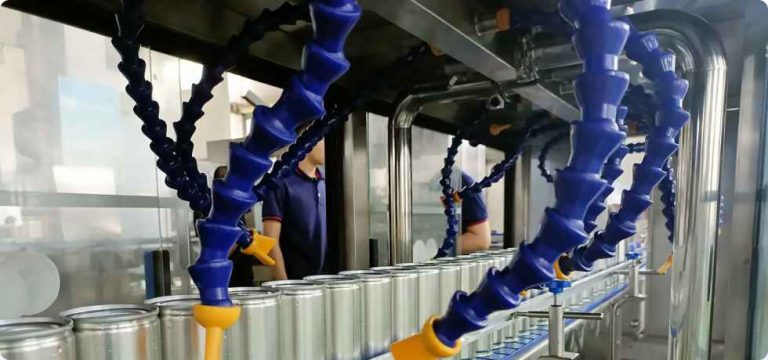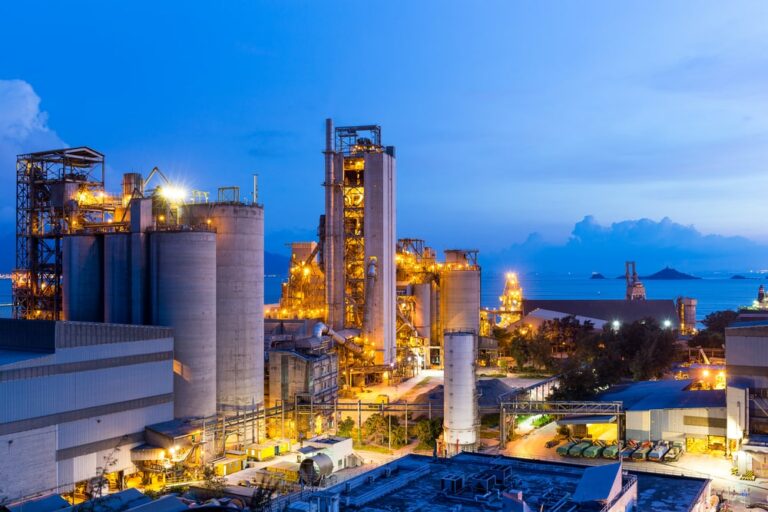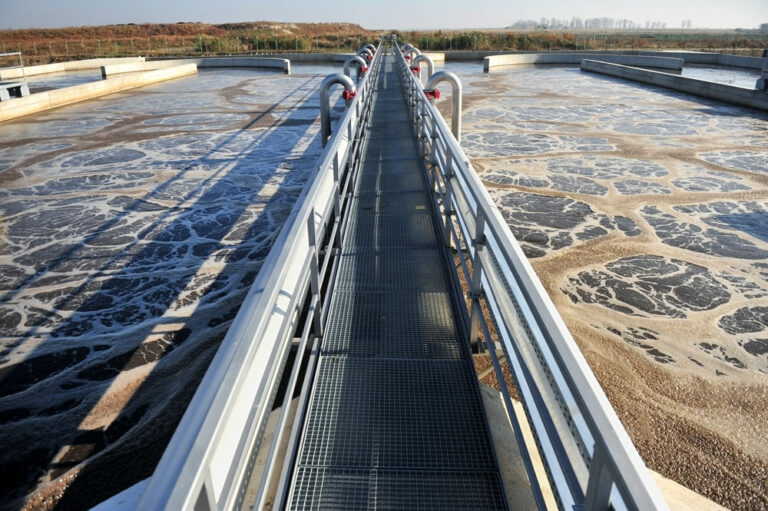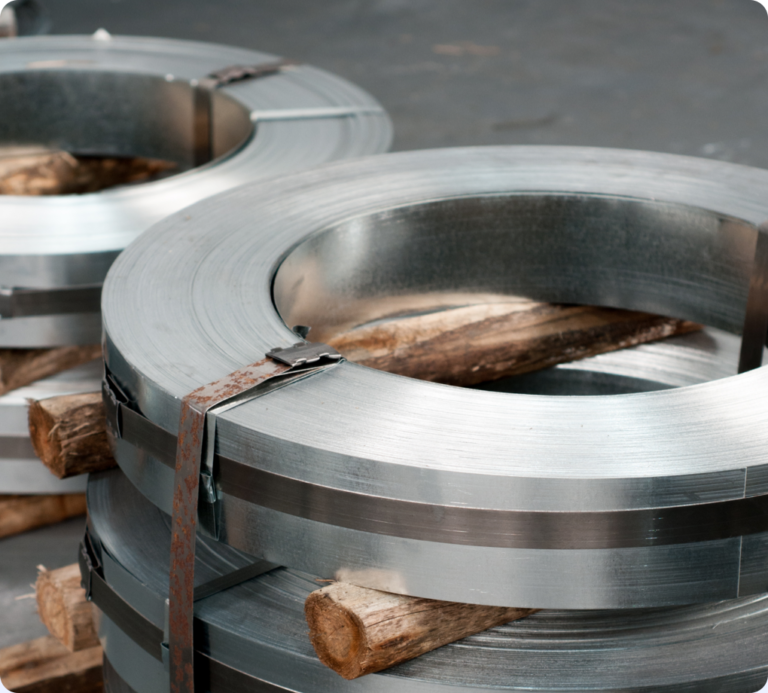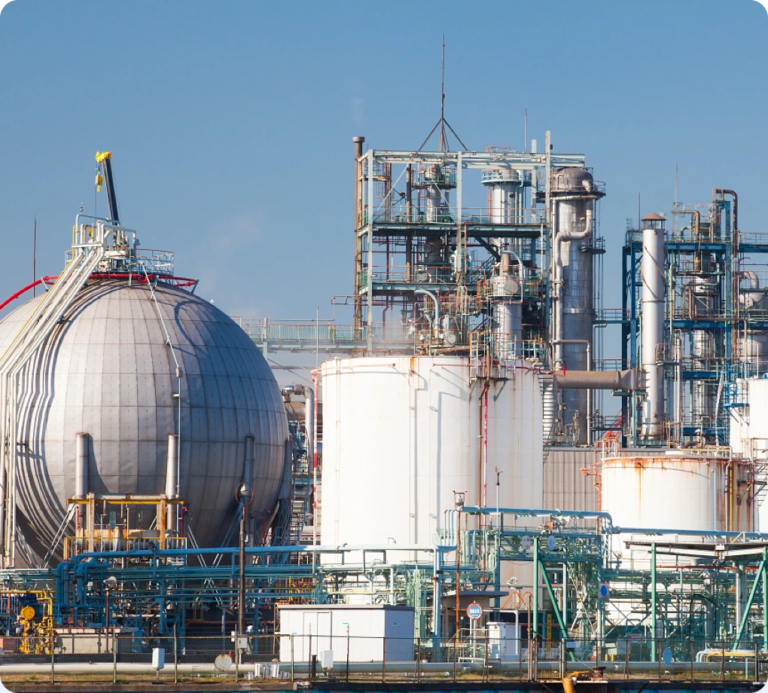RAETTS is a manufacturer of blowers, such as air blowers for pneumatic conveying,high speed turbo blower,Blowers for wastewater treatment plant,low pressure blowers for kiln process in cement industry,air blower for sewage treatment plant,Air Systems for paper production. The products are widely used in health products and other industries. The company has advanced testing equipment and production facilities, has more than 18 years of manufacturing experience, is very skilled in design, development and manufacturing, and has been exported to more than 30 countries.We can provide more energy conservation for the world, provide more perfect product solutions for customers, and provide good quality and highly competitive prices through mass production. We hope that all customers can provide 100% satisfactory solutions for fans and motors. Welcome more customers from all walks of life to contact us to create a common success in future business relations. We offer the best products and services at the most favorable prices.

| Product name | industrial blower for fermentation industry |
| Keyword | air blowers for pneumatic conveying,high speed turbo blower,Blowers for wastewater treatment plant,low pressure blowers for kiln process in cement industry,air blower for sewage treatment plant,Air Systems for paper production |
| Place of Origin | China |
| Feature | RAETTS air bearing turbo blower is a brand-new concept blower, which integrates the main core technologies such as “air suspension bearing”, “permanent magnet ultra-high-speed motor”, “high-precision aviation-grade impeller”, and creates a new era of ultra-high efficiency ,low noise and low energy consumption. |
| Dimensions | 715mm*720mm*850mm, (Contact us for specific information to confirm) |
| Applicable Industries | cement, chemical, etc. |
| Weight | 597kg |
| delivery date | the common delivery time will be 30-40 days. |
| terms of paymen | RAETTS accept payment by T/T(30% advance payment,70% before shipment) |
| Life span | 13 years (Contact us for specific information to confirm) |
| After-sale service | RAETTS warranty time for air bearing blower and maglev turbo blower is 24months,for high speed centrifugal blower is 12 months. |
| Advantage | We keep good quality and competitive price to ensure our customers benefit |
| Packing | 854x825x874mm(Contact us for specific information to confirm) |
| OEM/ODM | Customization Service Provided |
| Sales country | All over the world for example:Saudi Arabia,Tromelin Island,Gabon,Liberia,Trinidad and Tobago,Seychelles |
| MOQ | 2pcs(Contact us for specific information to confirm) |
| production capacity | production capacity RAETTS production quantity for air bearing blower and maglev turbo blower is about 200pcs/month,for high speed centrifugal blower is about 700pcs/month. |
| raw materials | RAETTS air blower impeller in made of aluminum alloy,enclosure material is carbon steel,rotor material is cast iron.If customers need other special materials,we can also customized according to customers requirements |
| technology | RAETTS air bearing blower technology is originated from South Korea and maglev turbo blower technology is originated from Germany.RAETTS also have R&D team from Xi’an Jiaotong University |
| quality system | RAETTS has quality management system certificate ISO9001:2015 and enviromental management system certificate ISO14001:2015 |

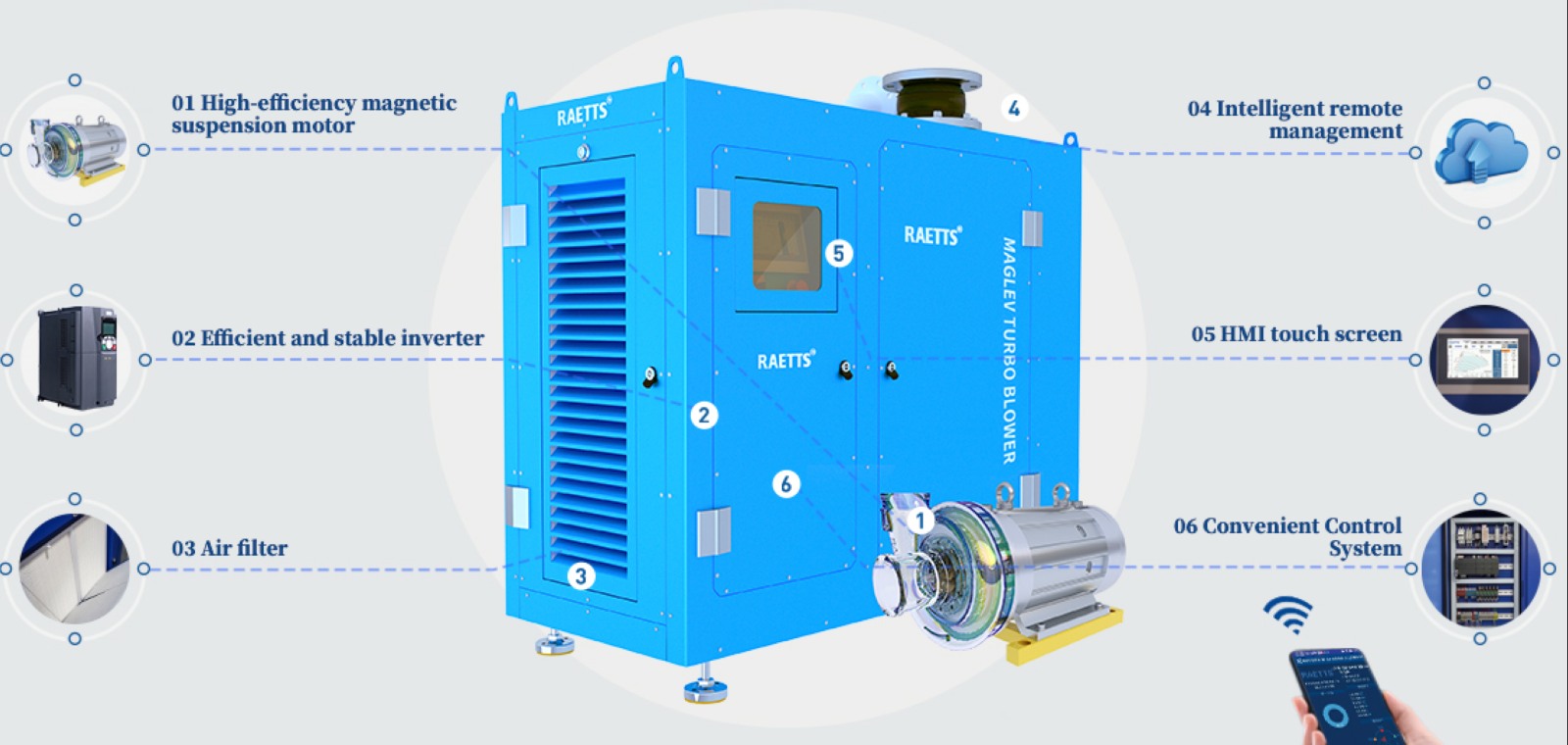
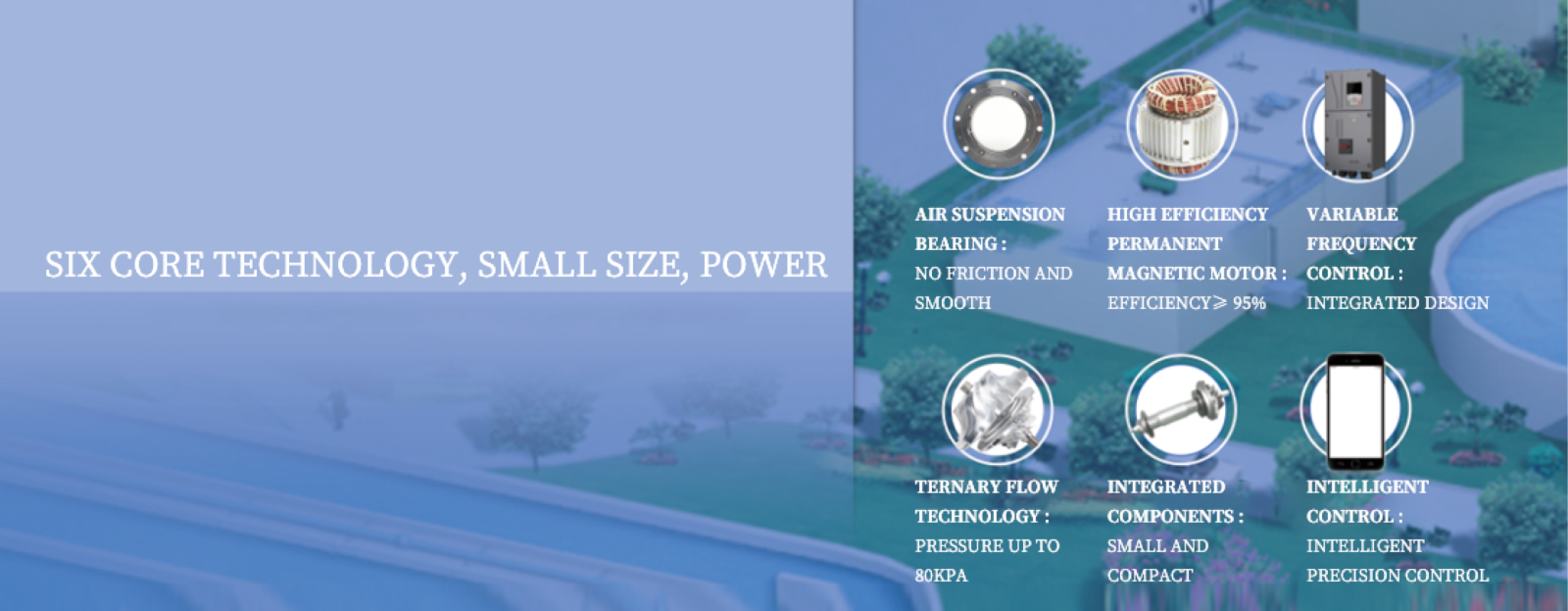
industrial blower for fermentation industry services FAQs Guide
Are you looking for a quick review guide about industrial blower for fermentation industryservices?
An ultimate FAQ buying guide is available to help you.This guide contains all the information about all the important facts, figures, and various processes regarding industrial blower for fermentation industry services.
Let’s continue!
2.What is the Overall Efficiency Rating of a Turbo Blower?
3.What Type of Filter is Recommended for Use with a Turbo Blower?
4.What Maintenance is Required for a Turbo Blower?
5.Are There Customizable Options Available for Turbo Blowers?
6.What are the Main Components of a Turbo Blower?
7.How Does a Turbo Blower Affected by Changes in Ambient Temperature?
8.About industrial blower for fermentation industry payment method
9.Why Should I Choose a Turbo Blower for My Industrial Operation?
10.About industrial blower for fermentation industry production capacity
11.What Industries Benefit Most from Using Turbo Blowers?
12.Are There Any Energy Rebates Available for Using a Turbo Blower?
13.How to choose the right industrial blower for fermentation industry for your specific needs?
1.About industrial blower for fermentation industry delivery date
For the regular model air blowers(air suspension blower and maglev turbo blower) which RAETTS is producing,the common delivery time will be 30-40 days.For Super air blower and EXPLORER series high speed centrifugal air blower,delivery date is about 10 days.For some other R&D products,RAETTS delivery data is about 3-4 months.
2.What is the Overall Efficiency Rating of a Turbo Blower?
We are a new industrial blower for fermentation industry manufacturer.
The overall efficiency rating of a turbo blower can vary depending on the specific model and manufacturer. However, on average, turbo blowers have an overall efficiency rating of around 70-80%. This means that for every 100 units of energy input, the turbo blower can produce 70-80 units of output energy. Factors such as design, size, and operating conditions can also affect the efficiency of a turbo blower.
3.What Type of Filter is Recommended for Use with a Turbo Blower?
We are centered on customers and always pay attention to customers’ needs for industrial blower for fermentation industry products.
A high-efficiency particulate air (HEPA) filter is recommended for use with a turbo blower. This type of filter is designed to capture small particles and contaminants, making it ideal for use with a turbo blower which can generate high air flow rates. HEPA filters are also commonly used in industrial and medical settings where clean air is crucial.
4.What Maintenance is Required for a Turbo Blower?
We continue to invest in research and development and continue to launch innovative products.
1. Regular Cleaning: The most important maintenance task for a turbo blower is regular cleaning. This includes removing any debris or buildup from the blower blades, housing, and inlet and outlet ports. This can be done using compressed air or a soft brush.
2. Lubrication: The bearings and gears of a turbo blower require regular lubrication to ensure smooth operation and prevent wear and tear. It is important to follow the manufacturer’s recommendations for the type and frequency of lubrication.
3. Inspection of Belts and Couplings: The belts and couplings of a turbo blower should be inspected regularly for wear and tear. Any signs of damage or wear should be addressed immediately to prevent further damage to the blower.
4. Check for Air Leaks: Air leaks can significantly reduce the efficiency of a turbo blower. Regularly check for any leaks in the blower system and repair them promptly.
5. Monitor Vibration Levels: Excessive vibration can indicate a problem with the blower, such as misalignment or worn bearings. Regularly monitor vibration levels and address any issues promptly to prevent further damage.
6. Check for Overheating: Overheating can damage the components of a turbo blower. Regularly check the temperature of the blower and address any overheating issues immediately.
7. Replace Worn Parts: Over time, the blades, bearings, and other components of a turbo blower may wear out and need to be replaced. It is important to regularly inspect these parts and replace them as needed to maintain the blower’s efficiency.
8. Follow Manufacturer’s Maintenance Schedule: It is important to follow the manufacturer’s recommended maintenance schedule for your specific turbo blower model. This will ensure that all necessary maintenance tasks are performed at the appropriate intervals.
9. Keep a Maintenance Log: Keeping a detailed maintenance log can help track the performance of the turbo blower and identify any recurring issues. This can also help with scheduling and planning for future maintenance tasks.
10. Consult a Professional: If you are unsure about any maintenance tasks or notice any unusual issues with your turbo blower, it is best to consult a professional for assistance. They can provide expert advice and ensure that the blower is properly maintained.
5.Are There Customizable Options Available for Turbo Blowers?
Being one of the top industrial blower for fermentation industry manufacturers in China, We attach great importance to this detail.
Yes, there are customizable options available for turbo blowers. Some of the common customizable options include:
1. Motor Size: The motor size can be customized to meet specific power requirements and operating conditions.
2. Impeller Size and Design: The impeller size and design can be customized to achieve the desired flow rate and pressure.
3. Material of Construction: The material of construction can be customized to suit the application and environment. For example, stainless steel or corrosion-resistant coatings can be used for applications in corrosive environments.
4. Inlet and Outlet Configurations: The inlet and outlet configurations can be customized to fit the existing piping system or to optimize the flow pattern.
5. Control System: The control system can be customized to include features such as variable speed drives, remote monitoring, and automation.
6. Sound Attenuation: Sound attenuation options can be added to reduce the noise level of the turbo blower.
7. Mounting Options: The mounting options can be customized to fit the available space and installation requirements.
8. Accessories: Various accessories such as filters, silencers, and dampers can be added to the turbo blower to enhance its performance and efficiency.
It is important to consult with the manufacturer or supplier to discuss the specific customization options available for a particular turbo blower model.
6.What are the Main Components of a Turbo Blower?
Our industrial blower for fermentation industry products undergo strict quality control to ensure customer satisfaction.
1. Compressor: The compressor is the main component of a turbo blower and is responsible for compressing the air or gas that is being moved through the blower. It typically consists of a rotating impeller and a stationary diffuser.
2. Motor: The motor provides the power to drive the compressor and is usually an electric motor. The size and power of the motor will depend on the size and capacity of the turbo blower.
3. Inlet and Outlet: The inlet is where the air or gas enters the blower and the outlet is where it exits. These are usually designed to minimize turbulence and maximize efficiency.
4. Bearings: The bearings support the rotating shaft of the blower and allow it to spin smoothly. They are typically made of high-quality materials to withstand the high speeds and loads of the blower.
5. Control System: The control system is responsible for monitoring and regulating the speed and operation of the blower. It may include sensors, controllers, and other components to ensure optimal performance.
6. Cooling System: Turbo blowers generate a lot of heat during operation, so a cooling system is necessary to prevent overheating. This may include air or water cooling systems.
7. Housing: The housing or casing of the turbo blower encloses all the internal components and provides structural support. It is usually made of durable materials such as steel or aluminum.
8. Inlet Filter: An inlet filter is often used to remove any contaminants from the air or gas before it enters the blower. This helps to protect the internal components and maintain efficiency.
9. Sound Attenuator: Turbo blowers can be quite loud, so a sound attenuator is often used to reduce the noise level. This may be in the form of a silencer or other noise-reducing device.
10. Vibration Isolators: Vibration isolators are used to reduce the transmission of vibrations from the blower to its surroundings. This helps to minimize noise and prevent damage to nearby equipment.
7.How Does a Turbo Blower Affected by Changes in Ambient Temperature?
We attach importance to the innovation ability and team spirit of employees, have advanced R & D facilities and laboratories, and have a good quality management system.
A turbo blower is a type of centrifugal blower that uses a high-speed impeller to generate air flow. The performance of a turbo blower can be affected by changes in ambient temperature in several ways:
1. Air Density: The density of air decreases as the temperature increases. This means that the same volume of air at a higher temperature will have a lower mass compared to the same volume of air at a lower temperature. As a result, the air entering the turbo blower will have a lower mass, which can affect the blower’s performance.
2. Air Viscosity: The viscosity of air also decreases with an increase in temperature. This means that the air will be less resistant to flow, resulting in a decrease in pressure and flow rate. This can affect the efficiency of the turbo blower, as it may require more power to achieve the desired flow rate.
3. Bearing Temperature: The bearings of a turbo blower can be affected by changes in ambient temperature. If the temperature is too high, it can cause the bearings to overheat, leading to premature wear and failure. On the other hand, if the temperature is too low, the bearings may not reach their optimal operating temperature, resulting in reduced efficiency and increased wear.
4. Motor Performance: The motor that drives the turbo blower can also be affected by changes in ambient temperature. If the temperature is too high, it can cause the motor to overheat, leading to reduced performance and potential damage. Similarly, if the temperature is too low, the motor may not reach its optimal operating temperature, resulting in reduced efficiency and increased wear.
To mitigate the effects of ambient temperature on a turbo blower, it is important to properly size and select the blower for the specific operating conditions. This may include using a larger blower or incorporating a cooling system to maintain optimal operating temperatures. Regular maintenance and monitoring of the blower’s performance can also help identify any issues caused by changes in ambient temperature and address them promptly.
8.About industrial blower for fermentation industry payment method
RAETTS accept payment by T/T(30% advance payment,70% before shipment)
9.Why Should I Choose a Turbo Blower for My Industrial Operation?
We should enjoy a good reputation in the industry, and we can increase the added value of the products of cooperative customers through technological innovation.
1. Energy Efficiency: Turbo blowers are known for their high energy efficiency compared to traditional blowers. They use less energy to produce the same amount of air flow, resulting in lower operating costs and reduced energy consumption.
2. Compact Design: Turbo blowers have a compact design, making them ideal for industrial operations with limited space. They can be installed in tight spaces and still provide high air flow rates.
3. Low Maintenance: Turbo blowers have fewer moving parts compared to traditional blowers, resulting in lower maintenance requirements and costs. This also means less downtime for maintenance, resulting in increased productivity.
4. Variable Speed Control: Turbo blowers have variable speed control, allowing for precise control of air flow and pressure. This makes them suitable for a wide range of industrial applications.
5. Quiet Operation: Turbo blowers operate at a lower noise level compared to traditional blowers, making them ideal for industrial operations where noise levels need to be kept to a minimum.
6. Durability: Turbo blowers are designed to be durable and long-lasting, with minimal wear and tear on the components. This results in a longer lifespan and reduced replacement costs.
7. Environmental Benefits: Turbo blowers are environmentally friendly, as they produce less noise and vibration, and have lower energy consumption. This makes them a more sustainable option for industrial operations.
8. Easy Installation: Turbo blowers are easy to install and can be up and running in a short amount of time. This reduces installation costs and downtime for the operation.
9. High Air Flow Rates: Turbo blowers are capable of producing high air flow rates, making them suitable for a wide range of industrial applications that require high volumes of air.
10. Customizable Options: Turbo blowers can be customized to meet the specific needs of an industrial operation. This includes options for different air flow rates, pressure levels, and control systems.
10.About industrial blower for fermentation industry production capacity
RAETTS production quantity for air bearing blower and maglev turbo blower is about 200pcs/month,for high speed centrifugal blower is about 700pcs/month.
11.What Industries Benefit Most from Using Turbo Blowers?
We focus on our customers’ needs and strive to meet their expectations, so we take this very seriously.
1. Wastewater Treatment: Turbo blowers are commonly used in wastewater treatment plants for aeration and mixing processes. They provide high air flow rates and energy efficiency, making them ideal for this industry.
2. Chemical Processing: Turbo blowers are used in chemical processing plants for various applications such as air agitation, gas compression, and vacuum generation. They are preferred for their high reliability and low maintenance requirements.
3. Power Generation: Turbo blowers are used in power plants for combustion air supply, cooling, and ventilation. They are also used in gas turbine power plants for air compression.
4. Food and Beverage: Turbo blowers are used in the food and beverage industry for aeration, cooling, and drying processes. They are also used for pneumatic conveying of food products.
5. Pulp and Paper: Turbo blowers are used in the pulp and paper industry for aeration, ventilation, and drying processes. They are also used for paper machine vacuum systems.
6. Mining: Turbo blowers are used in the mining industry for ventilation, dust control, and pneumatic conveying of materials. They are preferred for their high efficiency and low maintenance requirements.
7. Oil and Gas: Turbo blowers are used in the oil and gas industry for gas compression, vapor recovery, and flare gas recovery. They are also used for pneumatic conveying of materials in refineries and petrochemical plants.
8. Pharmaceutical: Turbo blowers are used in the pharmaceutical industry for air agitation, drying, and sterilization processes. They are preferred for their high purity and low noise levels.
9. Textile: Turbo blowers are used in the textile industry for air supply in spinning, weaving, and dyeing processes. They are also used for pneumatic conveying of fibers and fabrics.
10. Aquaculture: Turbo blowers are used in aquaculture for aeration and oxygenation of water in fish and shrimp farms. They are preferred for their energy efficiency and low noise levels.
12.Are There Any Energy Rebates Available for Using a Turbo Blower?
As one of the industrial blower for fermentation industry market leaders, we are known for innovation and reliability.
Yes, there are energy rebates available for using a turbo blower. Many utility companies offer rebates for energy-efficient equipment, including turbo blowers. These rebates can vary depending on the location and the specific utility company, but they can range from a few hundred dollars to several thousand dollars. It is recommended to check with your local utility company or state energy office to see if there are any available rebates for using a turbo blower. Additionally, some manufacturers may also offer rebates or incentives for purchasing and using their energy-efficient turbo blowers.
13.How to choose the right industrial blower for fermentation industry for your specific needs?
General speaking,we will do model selection of air blower according to customer’s required air flow,air pressure,application,installation altitude,suction media.
Tag:airfoil blowers,Pneumatic conveying – Centrifugal blower,effluent treatment plants blower,Air suspension centrifugal blower,Blower conveying systems,Pulp and Paper compressor solutions,air blower manufacturer

